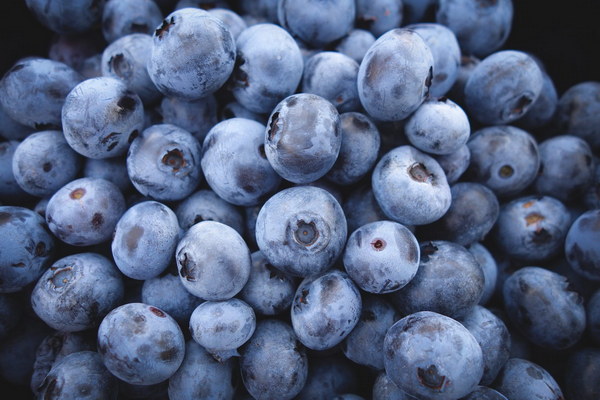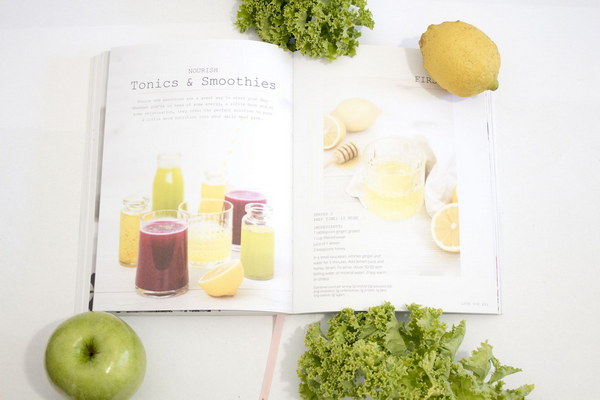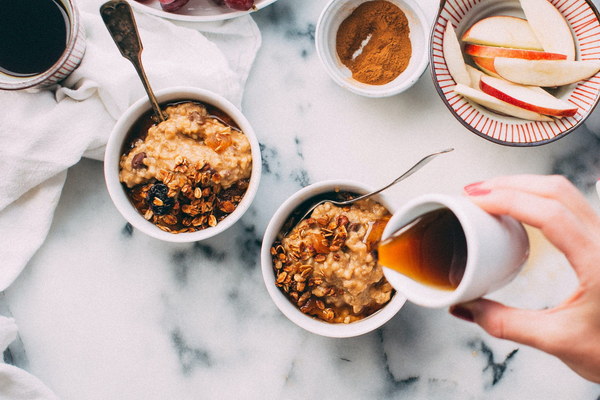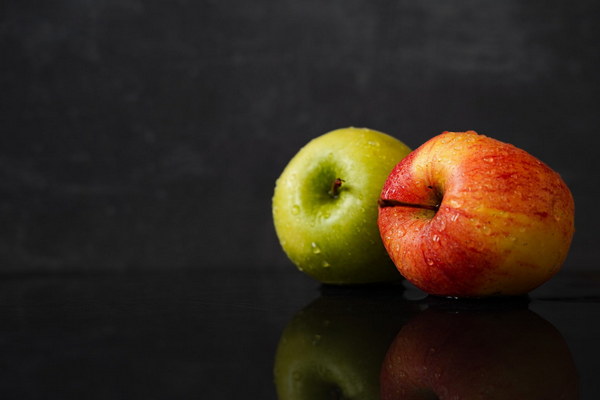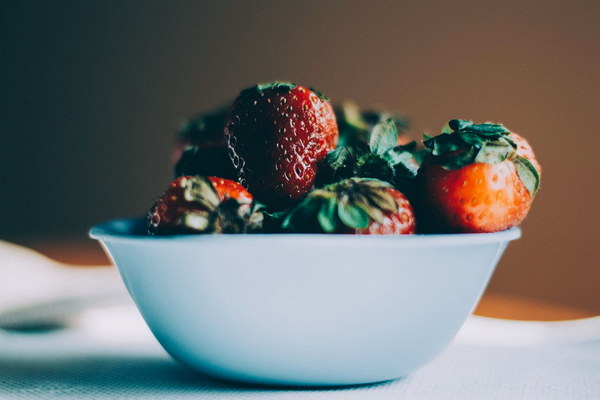Enhance Lung Health with a TimeHonored Combination Peel Tea and What Else
In the realm of traditional Chinese medicine, the adage food is medicine holds significant weight. One such practice involves using dried tangerine peel, also known as Chen Pi, to brew a soothing tea that is believed to nourish the lungs and promote overall well-being. But what makes Chen Pi so effective, and what should be paired with it to maximize its benefits? Let's delve into this ancient wisdom.
Chen Pi, derived from the rind of the tangerine, is a cherished ingredient in Chinese cuisine and herbal medicine. It is known for its aromatic, citrusy flavor and is often used to flavor soups, stews, and teas. The peel is believed to have several properties that make it an excellent choice for lung health, including its ability to:
1. Promote expectoration: Chen Pi can help loosen phlegm and make it easier to cough up, making it particularly useful for those with respiratory conditions like bronchitis or asthma.
2. Dispel dampness: In traditional Chinese medicine, dampness refers to a type of internal imbalance that can lead to a variety of health issues, including respiratory problems. Chen Pi is thought to help remove dampness from the body, thereby alleviating symptoms such as coughs, wheezing, and shortness of breath.
3. Strengthen the spleen and lung: The spleen and lungs are two of the vital organs in Chinese medicine, and they are closely linked. By supporting the spleen, Chen Pi can indirectly improve lung function.
But Chen Pi alone may not be enough to fully harness its lung-nourishing potential. Pairing it with certain ingredients can enhance its benefits and create a more potent elixir. Here are some suggestions:
1. Goji berries: Also known as Lycium berries, these vibrant red fruits are packed with antioxidants and are believed to boost immunity and respiratory health. When combined with Chen Pi, goji berries can help strengthen the lungs and reduce the risk of respiratory infections.
2. Licorice root: This sweet, aromatic root is often used in traditional Chinese medicine to harmonize the body's energies and soothe the throat. It can also help reduce inflammation and clear the lungs, making it an excellent addition to Chen Pi tea.
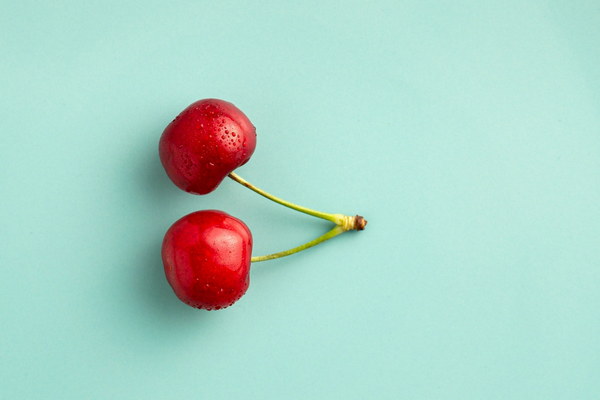
3. Mulberry leaves: These leaves are rich in vitamins and minerals, and are believed to have a cooling effect on the body. They can help alleviate coughs, reduce fever, and support respiratory health when used in conjunction with Chen Pi.
To create your lung-nourishing tea, follow these steps:
1. Gather your ingredients: You will need dried Chen Pi, goji berries, licorice root, and mulberry leaves. You can find these ingredients at a local Asian market or online.
2. Prepare the tea: Place 1-2 slices of dried Chen Pi, 1 tablespoon of goji berries, 1/2 teaspoon of licorice root, and 1/4 teaspoon of mulberry leaves in a pot of boiling water.
3. Steep the mixture: Cover the pot and let it steep for 15-20 minutes. The longer you steep, the stronger the tea will be.
4. Strain and enjoy: Remove the pot from heat and strain the tea into a cup. Add honey or sugar to taste, if desired.
Remember that while Chen Pi tea can be a delightful and beneficial addition to your wellness routine, it is not a substitute for medical treatment. If you have a chronic respiratory condition or any other health concerns, it is always best to consult with a healthcare professional before making significant changes to your diet or lifestyle.
In conclusion, Chen Pi tea, when combined with goji berries, licorice root, and mulberry leaves, can be a powerful tool in supporting lung health and overall well-being. Embrace the wisdom of traditional Chinese medicine and enjoy a cup of this nourishing tea today.
